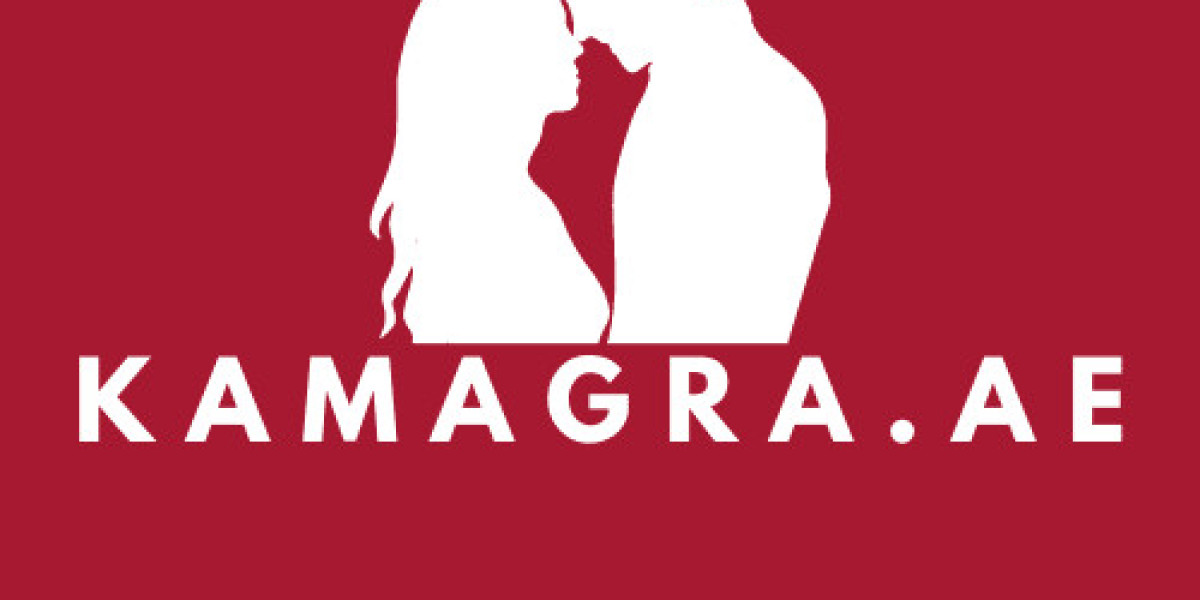In today's complex and fast-paced business environment, conflicts are inevitable. Disagreements may arise between business partners, employees, suppliers, or clients, potentially disrupting operations and damaging professional relationships. While legal disputes are nothing new, businesses are increasingly looking for more efficient, less adversarial ways to resolve conflicts. This is where the role of the Dispute Resolution Specialist becomes crucial.
As companies prioritize efficient conflict management to maintain smooth operations and reduce legal costs, the demand for dispute resolution specialists is steadily growing. These experts offer an alternative to traditional litigation, helping businesses resolve disputes through mediation, arbitration, and other negotiation strategies.
The Shift Away from Litigation
Litigation has long been the default method for resolving disputes, but it often involves high costs, lengthy processes, and a winner-takes-all outcome. For businesses, especially small and medium-sized enterprises (SMEs), this approach can be time-consuming and expensive. Litigation also risks damaging reputations and business relationships due to its adversarial nature.
Increasingly, businesses are turning to dispute resolution specialists who provide alternative methods such as mediation, negotiation, and arbitration. These approaches emphasize collaboration and finding mutually acceptable solutions, making them more appealing for companies that want to maintain relationships with clients, partners, and employees.
Why Businesses Need Dispute Resolution Specialists
1. Cost Efficiency
Traditional litigation can be incredibly costly, with legal fees, court expenses, and the potential for financial losses adding up quickly. By contrast, a dispute resolution specialist offers a more cost-effective method of resolving conflicts. Mediation and arbitration processes are typically faster and less expensive than court trials, making them attractive to businesses looking to manage their budgets effectively while addressing disputes promptly.
2. Preservation of Business Relationships
One of the major advantages of working with a dispute resolution specialist is the focus on preserving relationships. Unlike litigation, which often pits two parties against each other, dispute resolution encourages collaboration. Specialists use methods like mediation, where both sides work together to reach a compromise, helping to maintain professional relationships and avoid the breakdown of partnerships.
For businesses that rely on long-term contracts or repeat clients, this approach is especially valuable. A mutually satisfactory resolution strengthens trust and can pave the way for continued cooperation.
3. Faster Resolution of Conflicts
Time is money in the business world, and drawn-out court battles can cause significant delays. Dispute resolution specialists focus on achieving swift outcomes. Whether through arbitration or mediation, the goal is to resolve conflicts efficiently so that businesses can refocus on their core activities.
These faster processes are a significant advantage in situations where businesses need to continue working with the other party during or after the dispute. Quick resolution minimizes disruptions, allowing normal operations to resume as soon as possible.
4. Confidentiality and Privacy
Many businesses prefer to keep disputes confidential to avoid damaging their reputation or exposing sensitive information. Litigation often becomes a public matter once it enters the court system, with case details accessible to the public.
Dispute resolution methods, however, can be conducted in private. A dispute resolution specialist ensures that the entire process remains confidential, providing businesses with the privacy they need to protect their interests and public image. This is particularly crucial in industries where reputation is everything, such as finance, healthcare, and technology.
5. Flexibility in Solutions
A dispute resolution specialist offers flexibility that courts cannot. In litigation, outcomes are determined based on strict legal principles, often leading to rigid rulings. By contrast, mediation and arbitration allow for more creative solutions that suit both parties’ needs.
This flexibility means that businesses can craft resolutions that might not be possible through traditional legal channels. For example, instead of financial compensation, a dispute could be settled through renegotiated terms, revised contracts, or new partnership agreements.
The Role of a Dispute Resolution Specialist
A Dispute Resolution Specialist is an expert trained to facilitate the resolution of conflicts in a fair, neutral, and efficient manner. Their skills encompass various methods, including:
Mediation: In mediation, the specialist helps both parties negotiate and reach a mutually satisfactory agreement. The mediator acts as a neutral facilitator, guiding discussions and ensuring that both sides communicate effectively.
Arbitration: In arbitration, a specialist acts as a private judge, making binding decisions based on evidence and arguments presented by both parties. This process is less formal than court proceedings and offers a faster, more confidential resolution.
Negotiation: Dispute resolution specialists are skilled negotiators who help businesses reach settlements before conflicts escalate. By identifying key issues and common ground, they assist both sides in finding amicable solutions that satisfy everyone involved.
Conflict Management Training: Specialists may also provide conflict management training to businesses, equipping them with the skills and strategies needed to handle disputes internally. By fostering better communication and problem-solving within the company, businesses can prevent conflicts from escalating to the point of needing external intervention.
The Future of Dispute Resolution in Business
As the business world becomes more interconnected and complex, the demand for skilled dispute resolution specialists will only increase. Global trade, digital transformation, and evolving regulatory frameworks bring new challenges, making effective conflict resolution a priority for companies of all sizes.
In the future, we can expect more businesses to invest in preventive measures, such as conflict management training and hiring in-house dispute resolution experts. This proactive approach will help companies avoid costly legal battles and maintain productive, cooperative relationships with partners, employees, and clients.
The role of the Dispute Resolution Specialist is becoming indispensable in modern business. As companies seek to resolve disputes more efficiently, reduce costs, and protect relationships, the demand for alternative methods of conflict resolution continues to grow. Specialists in this field offer valuable expertise in mediation, arbitration, and negotiation, providing businesses with the tools to handle disputes in a more efficient, collaborative, and flexible way.


